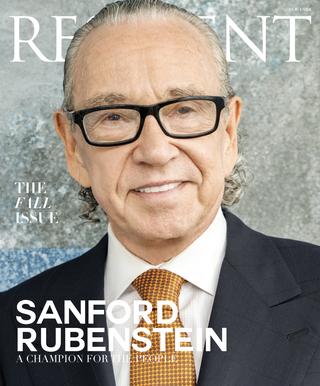If the speakers at the Blockchain Africa 2019 conference are correct, we are approaching an exciting time of innovation.
One of the common topics that were discussed during the political discussions at the Blockchain Africa 2019 conference was the lack of political trust and the widespread distribution of the blockchain in management. Now there is a transition from private and central systems to more accessible, anonymous, decentralized networks in order to ensure the security and protection of financial assets and data, and in order to keep up with the times, we need to look for technologies to make important changes.
Nezama Joseph at the African Blockchain Conference
Nezaam Joseph, chief economist at the Western Cape government, briefly spoke about the advantages of the blockchain-based tender, commenting on the current state of banks. He said that there are no guarantees that big banks will succeed, and if they fail, no one can bail them out. As a result, trust has been destroyed, as a result of which we have begun to trust decentralized systems, such as Air BNB and Uber , but we have little trust in managed systems.
In conclusion, he noted that
“The [blockchain] value outweighs the risks.”
Marcus Swanepoel at the Blockchain Africa Conference
Markus Sveinpol, co-founder and CEO of Luno Cryptocurrency Exchange, noted that money is lost in the system. When it comes to centralized systems, there is a part that is not monitored and disappears in the system, which does not allow tracing its location.
However, he noted that when it comes to money based on the Internet, such as bitcoins, money does not disappear; they go to consumers. We no longer need to rely on paid messaging systems around the world, because free and low-cost services like Skype and IM have replaced postage fees. In these cases, a small part of the funds may go to the company, but most of the assets remain with the company.
Following this, Sveinpol said that political systems should be aware of this ideology, otherwise blockchain-based currencies will become difficult to understand. He suggested that the single currency "will probably come at the grassroots level," noting that Bitcoin offers this because it is "open, neutral, verifiable, reliable, secure, universal."
He also stated that, although benefits do arise, there are also risks that should be considered:
"Unholy, volatility, mining resources, scaling, regulation and education."

